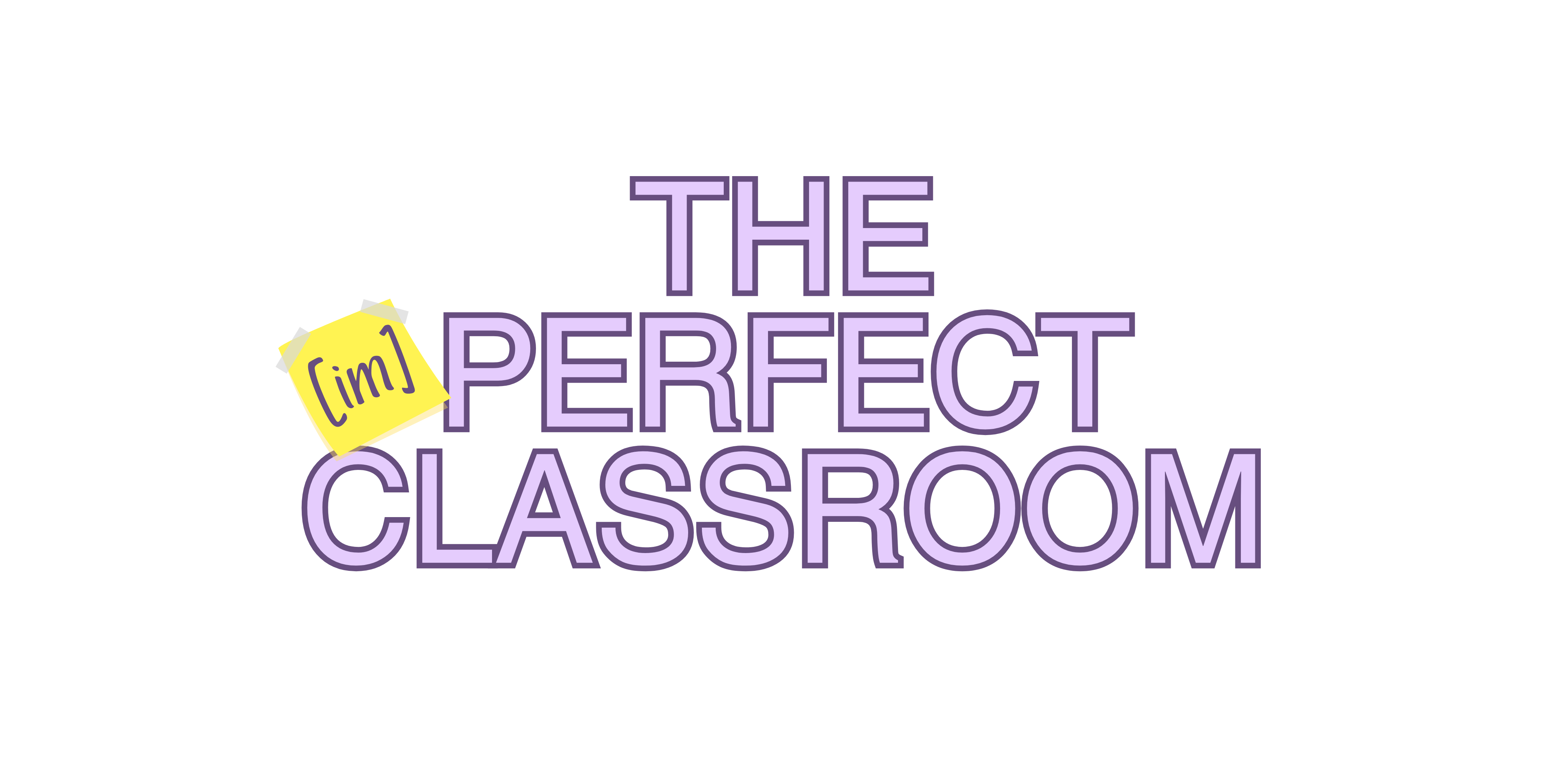More Kentucky students are taking Advanced Placement (AP) tests and scoring higher according to data released from the College Board.
Since 2008, the number of Kentucky public high school students taking AP examinations has nearly doubled and the number of tests with a qualifying score of 3, 4, or 5, has increased by 100 percent.
The most exams were given in English Language and Composition followed by English Literature and Composition, United States History, World History and Calculus AB.
“With more rigorous standards and an emphasis on college/career-readiness, we’re seeing more students take tougher courses and be successful,” said Kentucky Education Commissioner Terry Holliday. “The AdvanceKentucky initiative is contributing significantly to the numbers, especially among students who are traditionally underserved and underrepresented in Advanced Placement courses.”
AdvanceKentucky is a statewide math-science initiative designed to expand access to, and participation and success in, academically rigorous coursework such as AP classes for Kentucky high school students.
A total of 88 Kentucky high schools in 67 districts have participated in AdvanceKentucky since its inception in 2008; more than 2,500 pre-AP math, science and English teachers statewide have taken advantage of Advance Kentucky’s summer training program. Significantly more students in AdvanceKentucky schools earn higher scores on AP exams when compared with their peers. New research also shows they are less likely to need postsecondary remediation and are more likely to stay in college. AdvanceKentucky is an initiative of the Kentucky Science and Technology Corporation the state’s affiliate of the National Math and Science Initiative (NMSI).
Since 2008, the AP participation and performance of ethnic groups in Kentucky’s public schools has increased significantly, in large part due to the AdvanceKentucky initiative.
Although it varies from school to school, most colleges require a minimum qualifying score of 3 on an AP exam to earn college credit for the course.
The College Board also has released results from the SAT college-entrance exam and Preliminary SAT/National Merit Scholarship Qualifying Test (PSAT/NMSQT). The average scores of Kentucky public high school students who took the SAT in 2013 increased in all subjects. At the same time, however, the number of students taking the test decreased dramatically in 2013. Therefore, these data are difficult to interpret.
Only about 1,200 seniors, approximately 3 percent of Kentucky public school graduates, took the SAT in 2013. Due to the varying degrees of participation among states, and changes in the number of students taking the test each year, the College Board cautions against making between-state or between-year comparisons based on mean scores.
The SAT is a three-hour test that measures verbal and mathematical reasoning skills that students have developed over time and skills they need to be successful academically. Many colleges and universities use the SAT as one indicator of a student’s readiness to do college-level work. SAT scores are compared with the scores of other applicants and the accepted scores at an institution and can be used as a basis for awarding merit-based financial aid. Kentucky colleges and universities typically use the ACT as an admission requirement, which is reflected in the small percentage of students who take the SAT.
The SAT is scored on a scale of 200-800 (for math and verbal) and is typically taken by high school juniors and seniors. The test is administered several times a year.
The mean scores of Kentucky public high school sophomores and juniors who took the Preliminary SAT/National Merit Scholarship Qualifying Test (PSAT/NMSQT) showed slight increases overall at the sophomore and junior levels. The PSAT/NMSQT is scored on a scale of 0 to 80.
Some Kentucky public school districts offer the PSAT/NMSQT to students at the 9th-grade level, which may impact the number of students who participate as sophomores. Score information for 9th-grade students is not yet available from the College Board.
The PSAT/NMSQT is co-sponsored by the College Board and the National Merit Scholarship Corporation. It’s a standardized test that provides firsthand practice for the SAT Reasoning Test. The PSAT/NMSQT measures critical reading skills, mathematics problem-solving skills and writing skills.



Leave A Comment